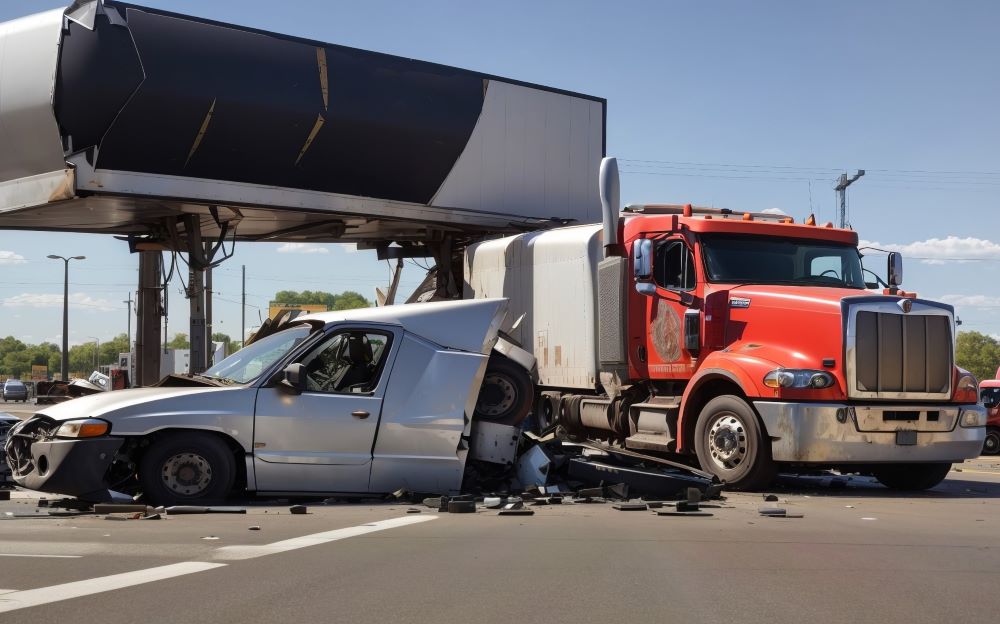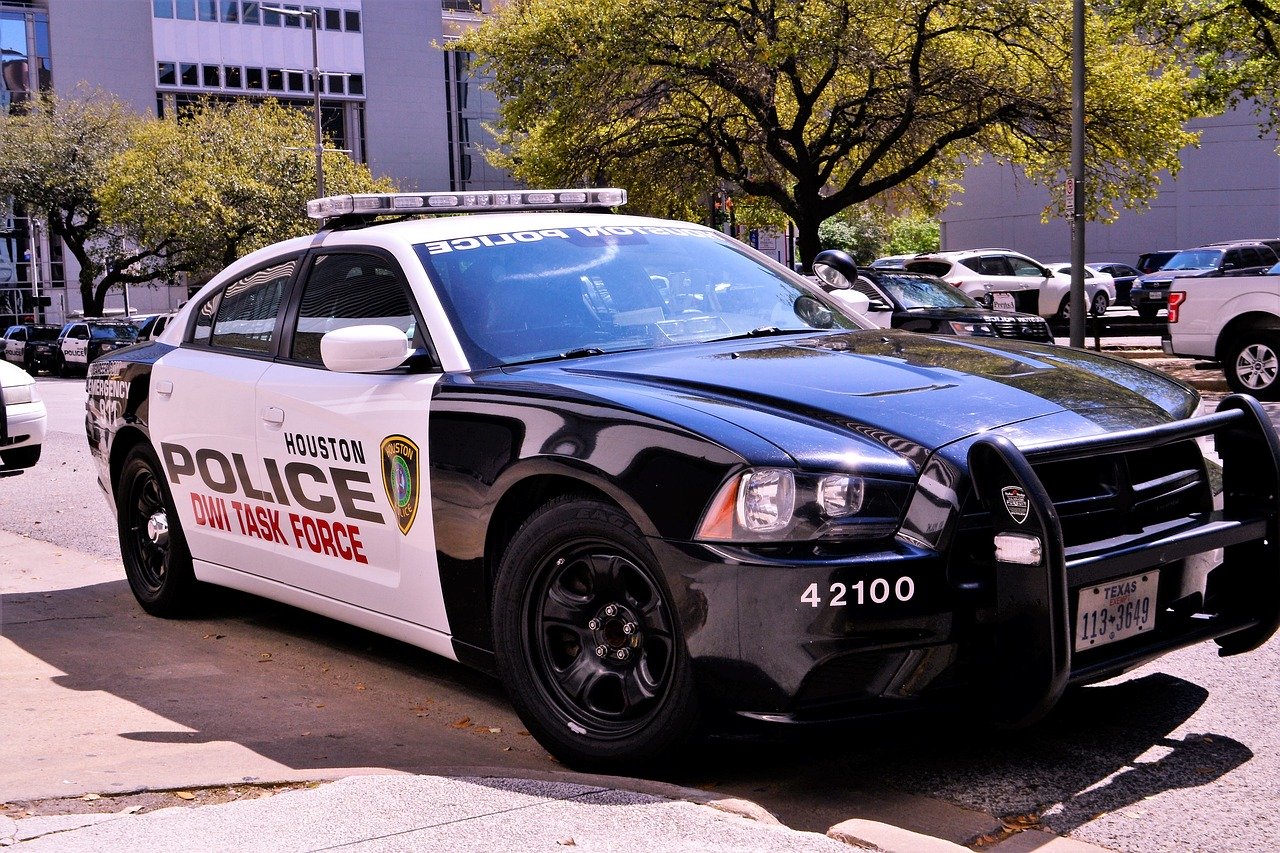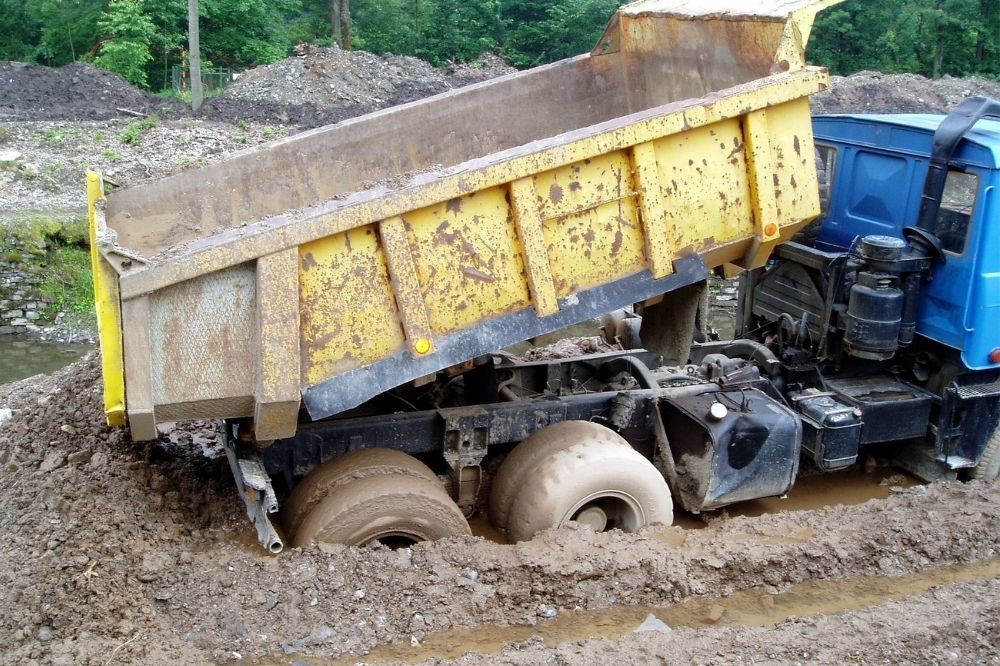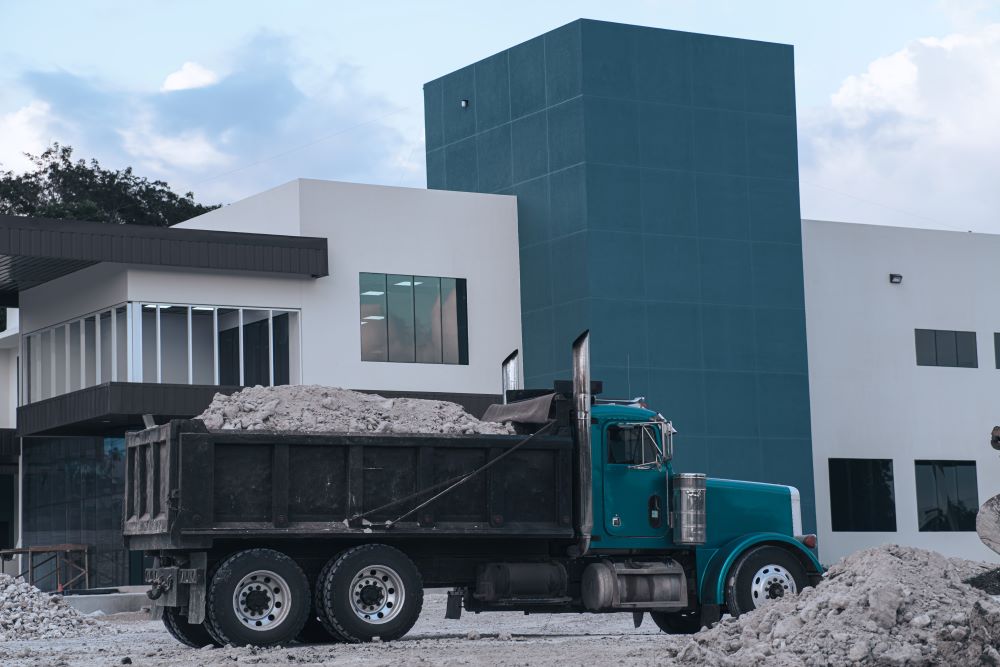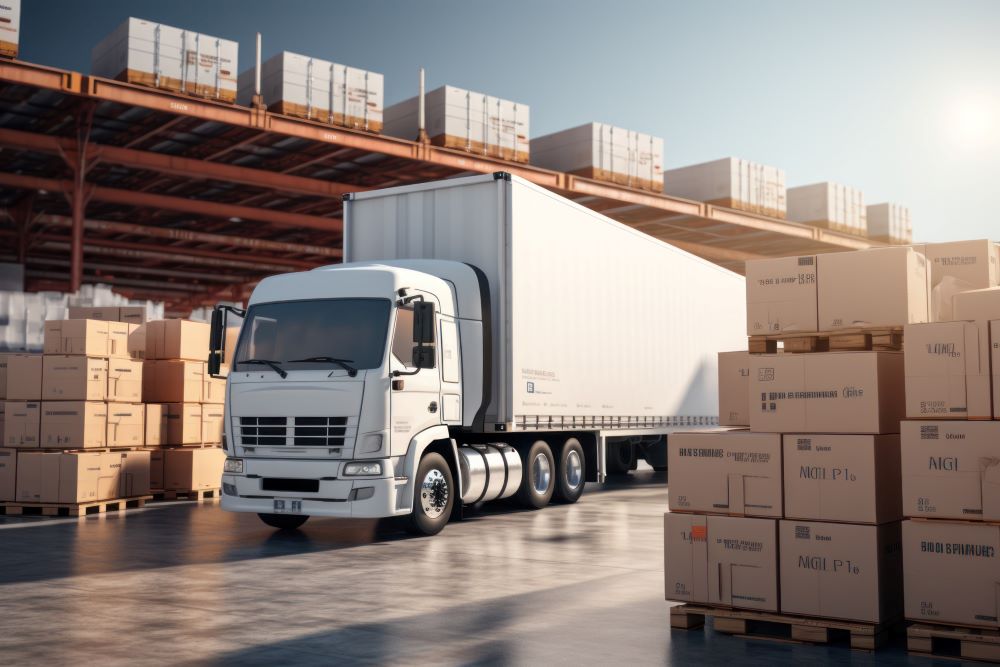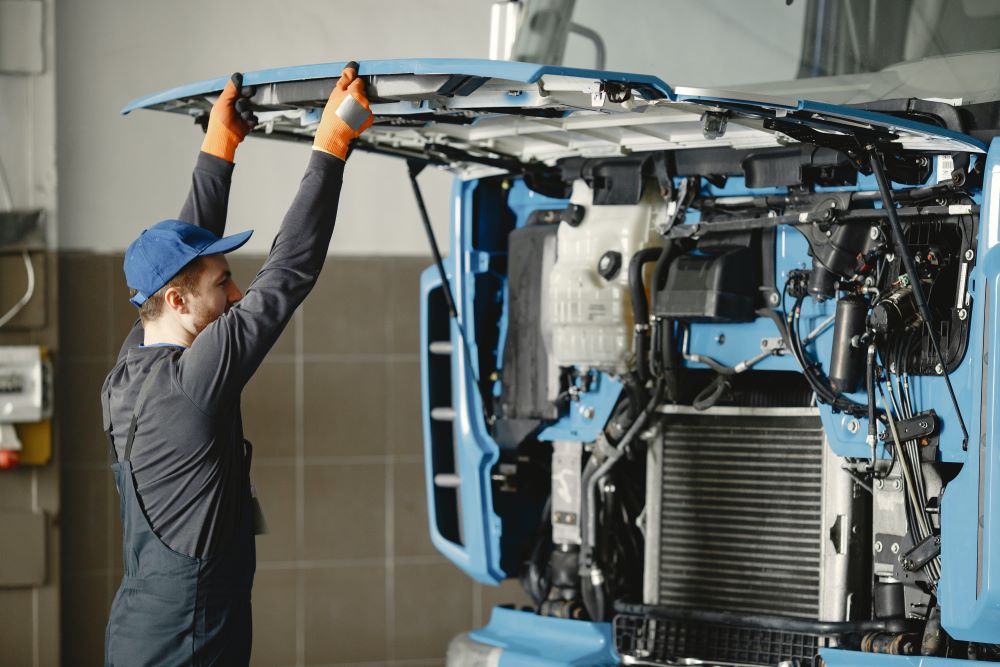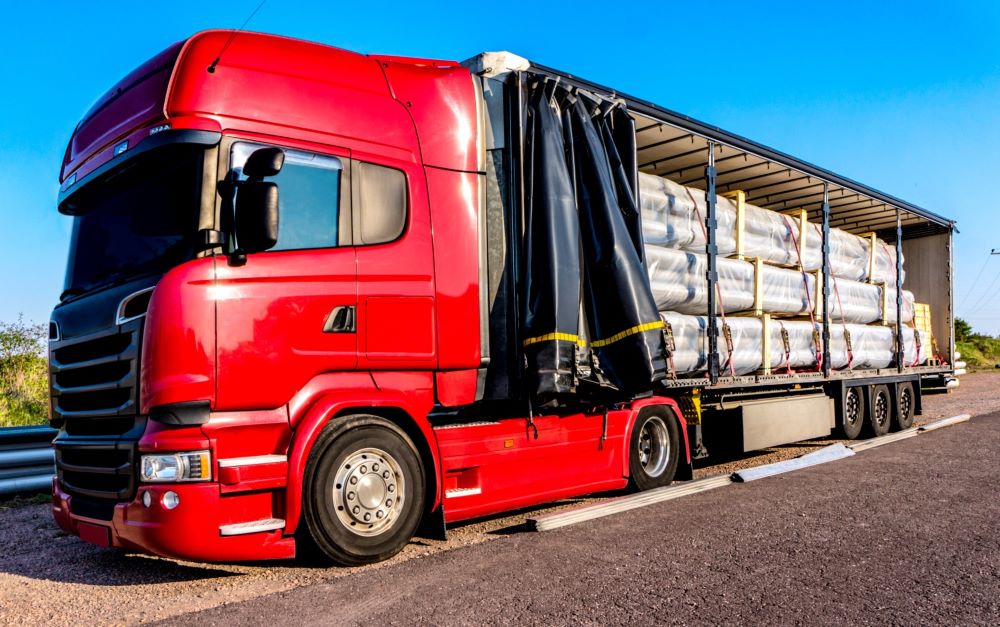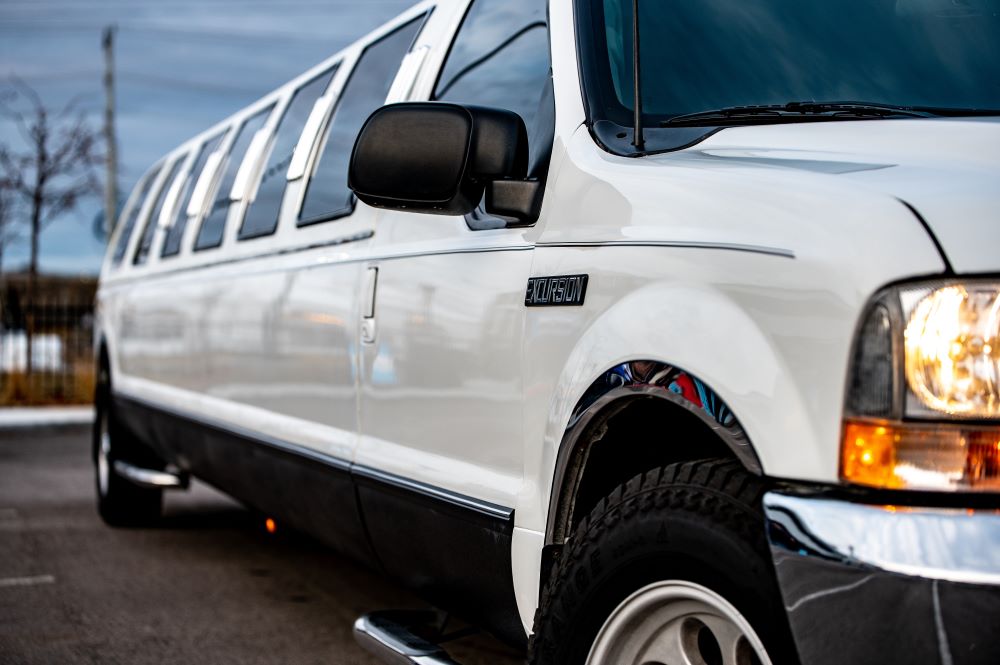There are roughly 388,000 semi-truck accidents each year in the US.
Semi-truck accidents are the last thing you want to experience as a professional truck driver. However, you can’t always avoid them.
You need to know how to deal with an accident swiftly and professionally. If you ever find yourself in a truck accident, make sure you follow these steps.
How To Handle a Semi-Truck Accident
1. Ensure Safety First
First and foremost, check yourself and others involved in the accident for injuries. Call 911 immediately if anyone is seriously injured.
While there’s a lot to do after a commercial truck accident, the first priority should always be making sure everyone is safe.
Even if the accident seemed minor and no real injuries seem present, you should still consider seeing a doctor after the incident just to make sure you’re safe. In many cases, injuries after an accident won’t show themselves immediately.
Once you’ve assessed the damage and have made any necessary calls to medics and emergency services, it’s time to start clearing the accident and gathering the necessary information for insurance companies.
2. Check Your Cargo
Semi-trucks could haul just about anything. After a semi-truck accident, you’ll want to make sure that your cargo is safe before moving the vehicle. In many cases, cargo can come loose, causing an even greater accident when you try to move the truck.
Of course, if you’re hauling dangerous cargo or if you crashed a tanker truck, then you’ll need to alert emergency services about this. Certain cargo could result in greater dangers, like the risk of fires or explosions, after the crash.
Once all people involved in the truck accident have been accounted for, and the cargo has been safely dealt with, then the next steps are all about dealing with the aftermath of the crash.
3. Move to a Safe Location
This might not always be possible, as vehicles are often damaged beyond use in truck accidents. But, if it’s safe to do so, move your vehicle(s) out of the flow of traffic to prevent further accidents or hazards.
If your truck is obstructing the road, try to just pull over to the side. You do not want to drive away or get too far from the accident scene, but you should try to clear up the road and any traffic if it’s possible.
If you are not able to clear any vehicles, make sure that local traffic services have been alerted so that they can redirect traffic.
4. Call the Police
Now that the immediate safety actions are out of the way, you’ll need to notify local police services about the accident.
Report the accident to the police, even if it seems minor. A police report can be crucial for insurance claims and legal purposes. As mentioned above, you might also need the police to help clear the road.
Even if you don’t think it’s necessary at the moment, having an official police report of the incident will make dealing with the semi-truck accident far easier.
5. Exchange Information With the Driver
Now that the immediate actions after the semi-truck accident have been taken care of, it’s time to start gathering evidence of the event. The first step here is to exchange contact details with the owner of the other vehicle involved.
Exchange contact and insurance information with any other involved parties. Be sure to collect their:
- Name, address, and phone number
- Driver’s license number
- License plate number
- Insurance information
This information is essential for making your insurance claim or helping you negotiate a settlement with the driver.
When doing this, try your best not to get emotional or into an argument with the driver. Simply gather as many details as you can and start processing the post-accident activities.
6. Document the Scene
You’ll need to have a clear picture of the accident scene with as much relevant evidence as possible. The more you can document the accident scene, the easier it will be to make an insurance claim and potentially offer evidence against the other driver.
Take photos of the accident scene, vehicle damage, road conditions, and any relevant road signs or signals. This can be valuable evidence later. Always try to gather photo or video evidence first.
Accidents can happen very fast and the small details are often forgotten. So, before leaving the scene of the accident, ensure you recollect exactly what happened. It could be worth writing this down straight away so that you have a consistent and accurate story about how the accident took place.
7. Identify Witnesses
This isn’t always possible, but if there are witnesses to the accident, collect their contact information. They may be able to provide statements to support your case. They could also help supply you with a more accurate account of how the accident happened.
Simply gather their contact details and their perspective on the accident. The more accounts and evidence you have around the accident, the easier your claims process will be.
8. Get Your Truck Safely Removed From the Site
One of the most important parts of dealing with a truck accident is clearing the site of the accident.
This is much easier to do for regular cars, as tow trucks can simply pull them away. However, with a semi-truck, this gets more complicated.
Even if you think your truck is in good condition, it’s important that you thoroughly inspect it before driving away. A small issue with the truck could turn out to be a far bigger problem later on if you keep driving with it.
So, if you’re unsure about the state of your vehicle, then it would be best to have the truck professionally towed to a mechanic. They can give the semi-truck a detailed inspection before letting you drive off again with it.
You’ll also need to have the truck assessed by a recognized mechanic in order for you to get a cost of damage quote to show the insurance company.
Remember, your semi-truck is an incredibly valuable and important part of your trucking business. Spending a bit extra to have it carefully towed and assessed can end up saving you money in the long run.
9. Seek Medical Attention
If you’ve just been involved in a semi-truck accident, then you’ll want to seek medical attention.
Even if you don’t feel seriously injured, it’s advisable to seek medical attention. Some injuries may not be immediately apparent, and a medical evaluation can document your condition.
And if you do have any medical issues that resulted from the accident, you’ll need to have a proper doctor’s account of your condition if you’re going to make any kind of medical claims.
10. Notify Your Insurance Company
Most of the hard work of “cleaning up” the accident is now behind you. However, one of the biggest steps in dealing with an accident is contacting your insurance provider and making an insurance claim.
Report the accident to your insurance company as soon as possible. The sooner they hear about the accident, the faster and easier your claims process will be.
Provide them with all the information you collected at the scene of the accident, including the pictures, witness statements, and your own account of the accident.
This is why it’s so important that you understand your commercial truck insurance broker’s claims process early on, as this will help you make swift and efficient claims if and when you need to.
11. Avoid Discussing Fault
Do not admit fault or apologize for the accident, even if you believe you may have contributed to it. Fault can be determined by a thorough investigation.
You can leave issues like this up to attorneys – it’s not something you should argue over.
12. Consult an Attorney
If you’re injured or if the accident involves complex legal issues, consider consulting an attorney who specializes in personal injury or accident cases. Finding the right attorney for commercial truck accidents is an important step for anyone who runs a trucking business, as they will help to make any disputes or claims a far easier process.
13. Preserve Evidence
Make sure that you keep all documents related to the accident, including medical records, repair estimates, and correspondence with insurance companies and legal counsel. You will need these documents for any claims or legal proceedings, and you never know when they might be requested.
14. Follow Through
Cooperate with law enforcement, your insurance company, and any legal representatives you hire.
Stay informed about the progress of your case and make sure you know what’s going on, but remember to be patient too. Unfortunately, delays with a semi-truck accident can take time.
Conclusion
While semi-truck accidents can’t always be avoided, the way you deal with them determines how quickly you’ll be able to get past the accident and back on the road. Following the steps above should help you achieve this.
If you need to replace your semi-truck after an accident, then you’ll need to find the right funding. Get in touch with us at Mission Financial to see just how easy accessing semi-truck financing can be.

